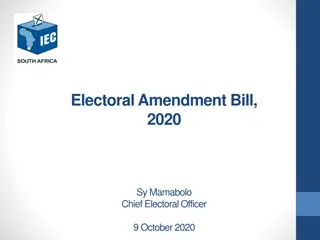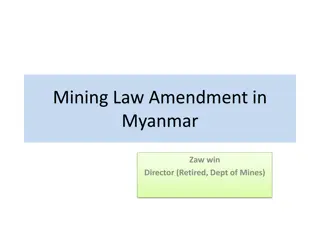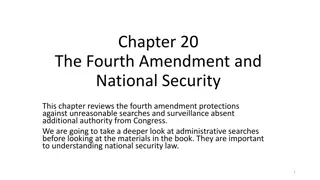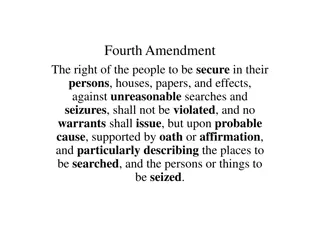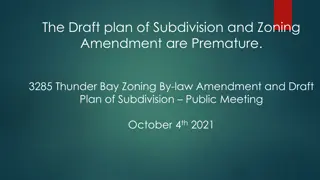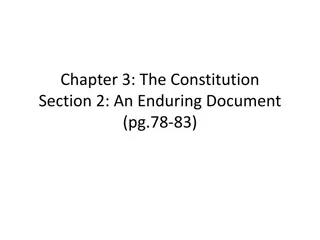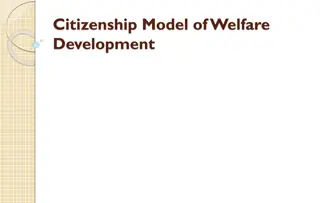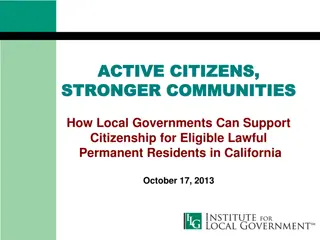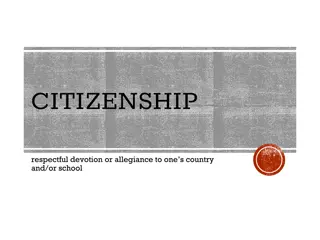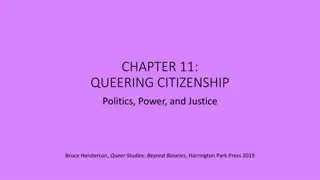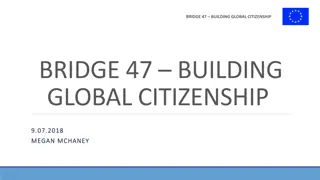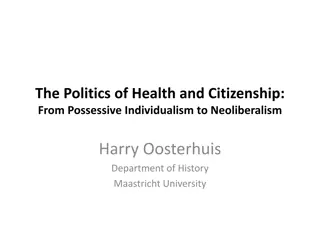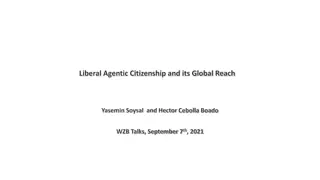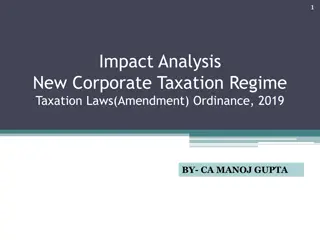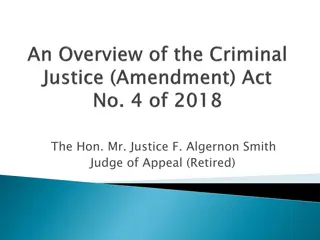Overview of Citizenship Amendment Act, 2019
The Citizenship Amendment Act, 2019 aims to provide Indian citizenship to illegal refugees belonging to six communities from Pakistan, Bangladesh, and Afghanistan. It reduces the residency requirement for acquiring citizenship to 5 years and allows for identification and potential deportation of illegal migrants. The Act also amends provisions related to Overseas Citizen of India (OCI) cards.
Uploaded on Sep 11, 2024 | 0 Views
Download Presentation

Please find below an Image/Link to download the presentation.
The content on the website is provided AS IS for your information and personal use only. It may not be sold, licensed, or shared on other websites without obtaining consent from the author. Download presentation by click this link. If you encounter any issues during the download, it is possible that the publisher has removed the file from their server.
E N D
Presentation Transcript
CAA BILL 2019 BY: ARINDAM SHIT
INTRODUCTION The Citizenship Amendment Bill, 2019 was passed by Lok Sabha on 9thDecember, 2019 which was further signed by President of India on 12thDecember, 2019 due to which is has become an Act in the present context. This particular Act aims to provide Indian citizenship to those citizens who comes under illegal refugees and are belongs to 6 communities coming from Pakistan, Bangladesh, and Afghanistan. Previously, the Citizenship Amendment Bill of 1955 made it compulsory for a person to stay in India for at least the period of 11 years to acquire citizenship which was further reduced to 6 years, but this Citizenship Amendment Act, 2019, set that period as 5 years. This Act also seeks to identify illegal migrants who can be imprisoned or deported under the Foreigners Act, 1946 and the Passport (Entry into India) Act, 1920. While the central government is having the authority to check the entry, exit and residence of foreigners within territory of India.
Citizenship Article 5 to 11 of the Constitution of India deals with the provision relating to citizenship in India but it is neither permanent nor elaborated provision with this regard. According to the supreme law of the land, there are only four categories of person became the citizens of India at the commencement of the constitution that is January 26, 1950. The Categories are: 1. A person who had his domicile in India and was either born in India or if either of his parents born in India or if he is ordinarily resident in India for at least 5 years immediately before the commencement of the Constitution of India became a citizen of India. 2. A person who has been migrated from Pakistan to India became a citizen of India if he or either of is parents or grand-parents was born in undivided India. But such person can also further classified on the grounds that whether they have came before July 19, 1948 or after that. If the person came after the mentioned date, could be registered as a citizen provided, he must reside in India for six months preceding the date of his application for the registration.
A person who migrated to Pakistan from India after March 1, 1947 but later return to India for resettlement could become an citizen of India. But for this also he has to reside in the Country for six months after the application of the registration. A person who or any of whose parents or grand-parents was born in undivided India but who is ordinarily residing in outside India shall become a citizen of India if he has been registered as citizen of India by the diplomatic or consular representative of India in the country of his residence, whether before or after the commencement of the Constitution of India. So as per current convention, the cut-off date for citizenship is 31stDecember, 2014, which depicts the applicant should have intruded to India on or before this date.
Key Features: Previously a person may be given an OCI card, if he is of Indian origin or the spouse of that person is of Indian origin but this bill provides the facility of OCI cardholder to travel work and study in the territory. Also this Bill simultaneously added one extra ground of cancelation of OCI to the Bill of 2016 that is the OCI will be canceled if it violates any law which is in force in the country. This bill says on acquiring citizenship a person shall deemed to be a citizen of India from the date of their entry into the territory of India and also all the legal proceedings against illegal migration related to their citizenship will be closed. [NOTE: The above mentioned benefit is not provided to migrants of tribal areas od Assam, Meghalaya, Mizoram and Tripura as per the Bill of 2019] Very importantly, this Bill reduced the period of neutralization from 6 years to 5 years which is basically the period that a illegal migrants must stay in the country before applying for the citizenship.
Major Dispute: The Citizenship Bill of 2019 has been opposed by many people because- It doesn t give citizenship to illegal migrants of Muslim community from Pakistan, Bangladesh and Afghanistan. Some expertise believe that this Bill violates the provision of Article 14 of the Indian Constitution that is equality before law and equal protection of law. The reason behind this criticism is that this Bill somehow discriminates the people based on caste, religion, sex and place of birth. In the north-eastern part of the Country it became major point of argument as because with the execution of this Bill in that area, may cause rush of immigrants which further may result into alteration of demographic and linguistic uniqueness.
Conclusion The earlier Bill amends the citizenship Act, 1955 to make illegal migrants eligible for citizenship and these illegal migrants includes Hindus, Sikhs, Buddhists, Jains, Parsis and Christians from Afghanistan, Bangladesh and Pakistan. Apart from that earlier it has been said that the applicant must resided in the country during last 12 months and for 11 of the previous 14 years but the present Bill of 2019 cut down this period to 6 years for the mentioned religions and the countries. The Government of India argued that this particular Bill of 2019 seeks to grants citizenship to minorities who have faced religious persecution in Muslim-majority foreign countries. But the opposition continuously raised the issue of violation of Article 14 as because this Bill left out Muslim community.
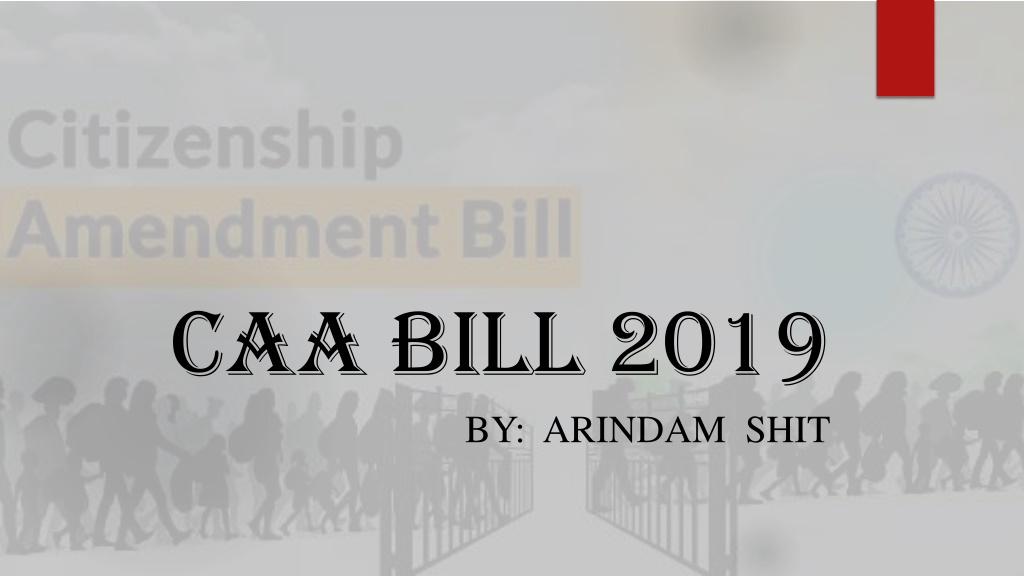



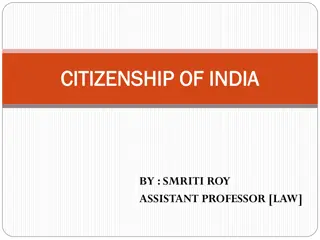


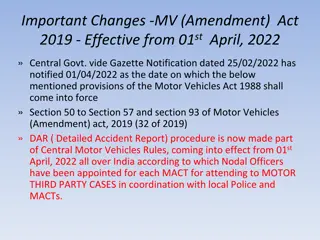
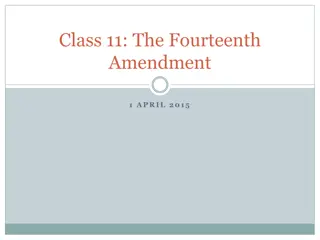





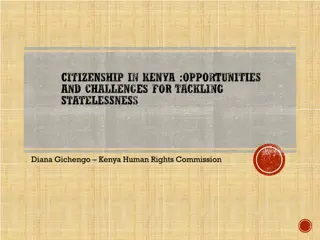
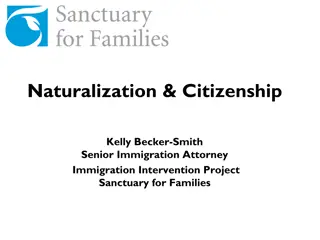

![RE: ELECTORAL MATTERS AMENDMENT BILL [ B42-2023]](/thumb/18837/re-electoral-matters-amendment-bill-b42-2023.jpg)

